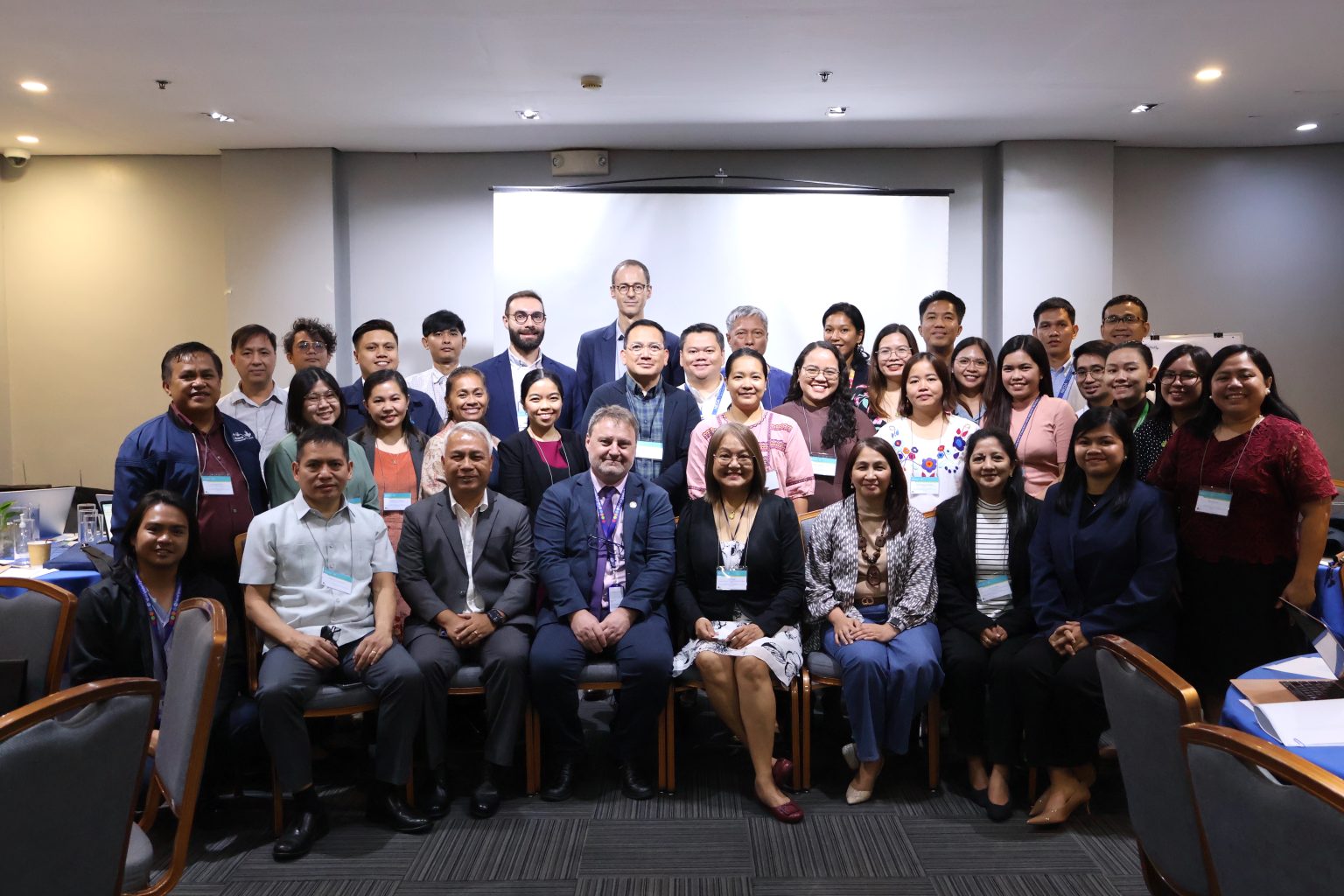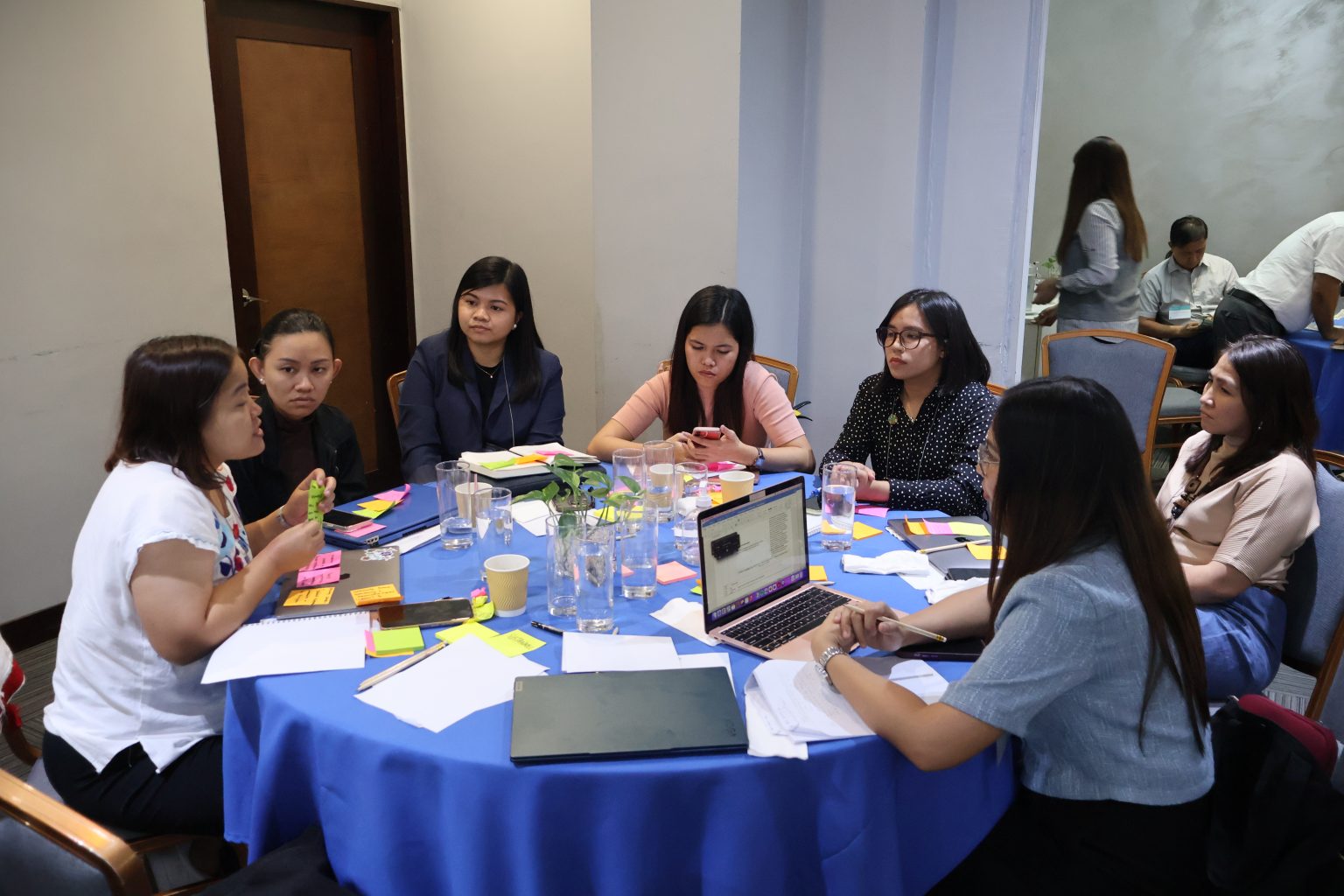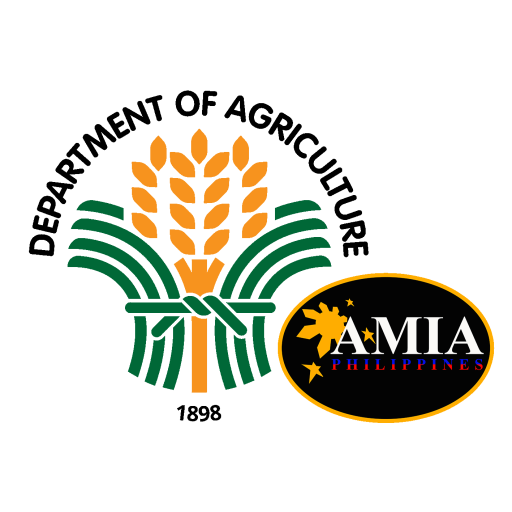
Stakeholders from the agrifood system in the Philippines have spoken: by 2050, they want a Philippine agriculture sector with cultivated resilience in a food-secure and climate-ready nation.
This was one of the outputs of the National Participatory Foresight Workshop: Climate Actions and Resilience for the Agriculture Sector in the Philippines organized by the Food and Agriculture Organization of the United Nations (FAO) in partnership with the Department of Agriculture (DA), through the Climate Resilient Agriculture Office (CRAO), held last May 21 to 23, 2024 in Quezon City, Philippines.
The three-day event was conducted as part of the Green Climate Fund (GCF) Readiness project titled “Agriculture Sector Readiness for Enhanced Climate Finance and Implementation of Koronivia Joint Work on Agriculture Priorities in Southeast Asia.”
It brought together senior leadership and experts from the Philippine government, national and international non-governmental organizations, civil society organizations, the private sector, academia, and representatives from farmers, youth, and indigenous peoples to develop a preliminary list of future climate investments for the agriculture sector.
The activity introduced the participants to the Green Climate Fund (GCF) and its history in the Philippines, as well as the GCF Readiness Project. It mapped the country’s agricultural ambitions and priorities, and highlighted the climate risks and vulnerabilities faced by the Philippines. Using foresight planning and with FAO’s Future of Food & Agriculture: Drivers and Triggers of Transformation as reference, participants envisioned their desired future for the country’s agriculture sector, identified national barriers and triggers of transformation, and outlined strategic actions through the development of adaptation and mitigation projects that will be the basis for future GCF proposals.

Initial GCF Project Ideas
Guided by the result of their collective visioning exercise on the future that they want for the Philippine agriculture sector, the participants identified climate investments and developed project ideas that would pave the way toward attaining this goal.
Four project ideas were developed during the workshop. The first project, titled “Building Climate-responsive Communities through Nature Based Solutions,” aims to enhance the resilience of agri-fisheries communities through Nature-based solutions. The second, “1000 Climate-Resilient Municipalities in 100 Critical Watersheds ,” seeks to enhance the engagement and capacities of one million family farmers, fisherfolk, Indigenous Peoples and rural women in accessing, managing, and implementing climate resilient agroforestry, agricultural, and fishery livelihoods.
Another project developed was the “Adoption of Climate-Resilient Aquaculture Technologies in the Philippines ,” which aims to increase the adaptive capacity of fisherfolk communities through the adoption of climate- and disaster-resilient aquaculture technologies that are productive and tailor-fitted to their needs and location-specific vulnerabilities.
The last project, “ Low Carbon Philippine Agri-Fisheries Food Systems Transformation by 2050 ,” seeks to decrease carbon emissions in the agriculture sector, adopt low carbon farming practices at the farmer level, and craft policy recommendations to institutionalize standards and mechanisms for carbon credits in the Philippines.
In her closing message during the event, DA CRAO Director and GCF Readiness Project Steering Committee Focal Point Alicia G. Ilaga expressed her gratitude to all who have contributed to the success of the activity. She said she was happy that the preliminary priority list of projects presented in the workshop are aligned with the DA’s priorities.
“I am happy that the preliminary priority list of projects are aligned not just with our key national policies on climate change, but also with the current strategic priority of the DA, which is to modernize agriculture and boost the farm sector’s production capacity and contribution to the domestic economy, especially in improving the lives of farmers and fisherfolk as well as creating more jobs,” Dir. Ilaga said.
The four project ideas developed will be further refined and will be shared by FAO with various experts and with the GCF National Designated Authority in the Philippines, the Department of Finance, for comments and feedback (Joy F. Calvar, DA CRAO).###
